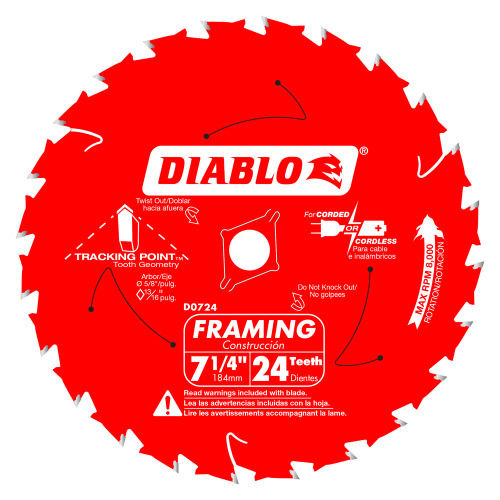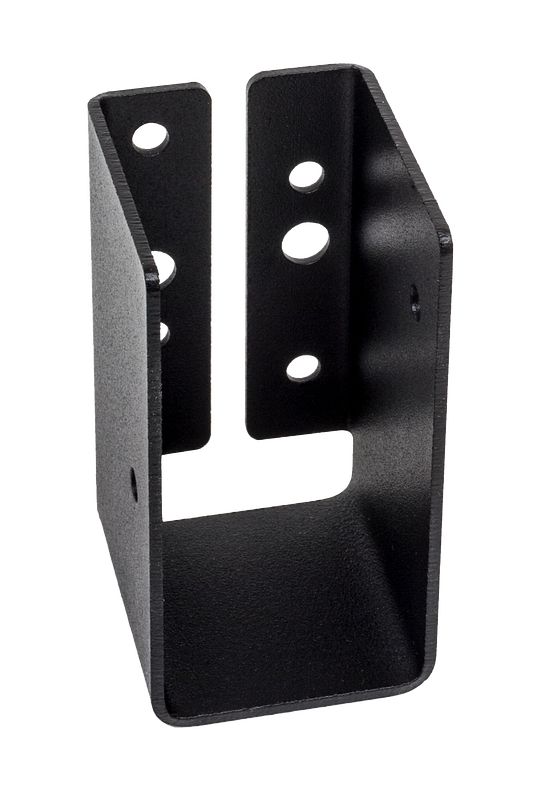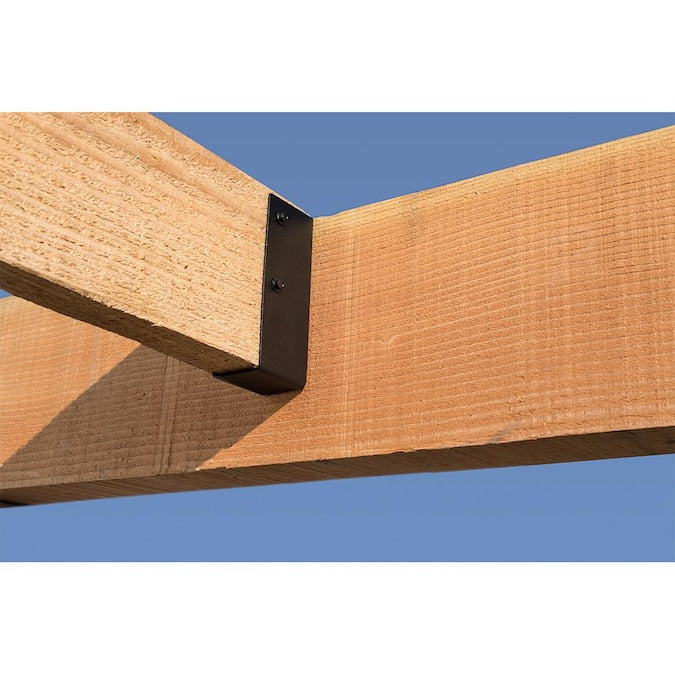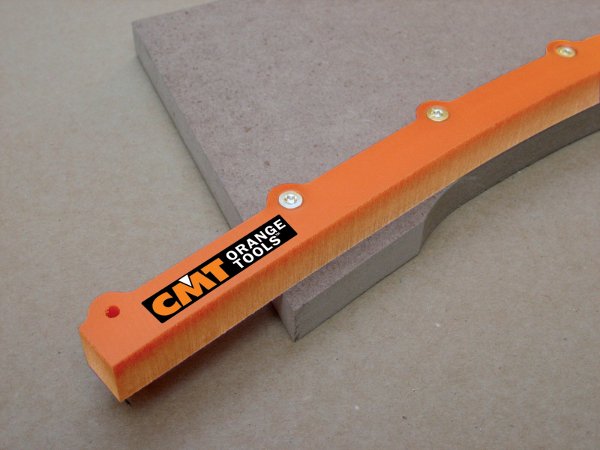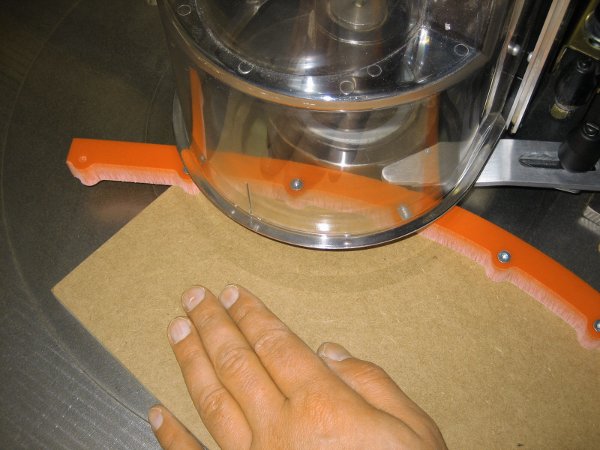When it comes to home renovation or building projects, using the right screws can make all the difference in achieving a professional finish. Drywall installation is one such task where the choice of screws is paramount. With many homeowners often having wood screws on hand, a common question arises: can you use wood screws for drywall?
Understanding the Basics: Wood Screws vs. Drywall Screws
At first glance, wood screws and drywall screws might look similar. However, the two have been designed for specific purposes. Wood screws, as the name suggests, are primarily designed for wood applications. They typically have a coarser thread and are often made of materials suitable for wood, such as brass or stainless steel.
In contrast, drywall screws are crafted specifically for attaching drywall panels to either metal or wood studs. They often come with a bugle head, allowing them to sit just below the surface of the drywall, providing a smooth finish that is easy to cover with joint compound.
The Challenges of Using Wood Screws for Drywall
- Inconsistent Finish: Wood screws often have a head that is tapered. While this design is suitable for wood applications, it may not sit flush or just below the surface of the drywall, leading to an uneven and unprofessional appearance.
- Possible Material Damage: The aggressive threads of wood screws can potentially tear the paper facing of the drywall or cause crumbling around the insertion point.
- Insufficient Grip: Given that wood screws are designed for different densities and characteristics of wooden materials, they may not offer the most secure grip when used with drywall.
Are There Any Scenarios Where Wood Screws Can Be Used?
While it is generally not recommended to use wood screws for drywall installations, there might be specific scenarios where they can serve as a temporary solution. For instance, if one is patching up a small section of drywall or hanging lightweight objects, wood screws can be employed as a makeshift solution. However, for larger installations, it is vital to stick to screws designed for the task.
Recommended Alternatives to Ensure a Flawless Finish
For those aiming for a professional and lasting drywall installation, considering specialized screws is the best approach:
- Standard Drywall Screws: These are the most commonly used screws for attaching drywall to wooden studs. With a bugle head and a sharp point, they provide a firm grip and a smooth finish.
- Self-Drilling Drywall Screws: These are ideal for attaching drywall to metal studs. Their sharp, self-drilling tip eliminates the need for pilot holes, making the installation process quicker.
While the correct type of screw is crucial, equally important is integrating them with DEWALT®’s mechanical anchors and fasteners and employing precise power tools to drive them in. These can ensure the screws are placed accurately without causing damage, further enhancing the quality of the installation.
The adage "the right tool for the right job" holds true when it comes to choosing screws for drywall installation. While wood screws can be a tempting option, especially if readily available, they are not the ideal choice for this specific task. To ensure the longevity, aesthetics, and structural integrity of drywall installations, it is best to invest in screws designed for the purpose, backed by the right tools and fasteners. Making informed decisions in such scenarios not only guarantees professional results but also ensures the safety and durability of the installed drywall.


